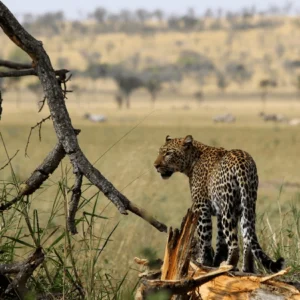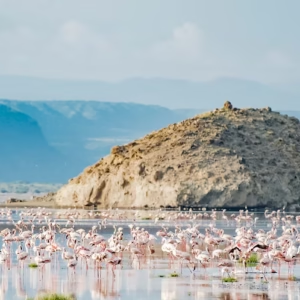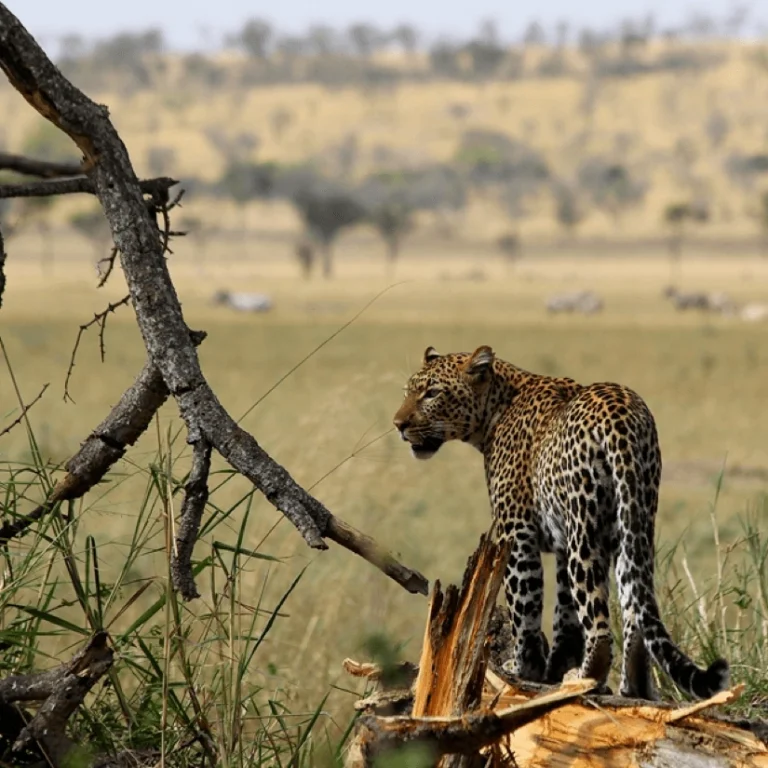Top 10 Reasons Why Feeding Wildlife Isn't Advisable.
Feeding wildlife might seem like a harmless act of kindness, but in reality, it can lead to detrimental consequences for both the animals and the environment. While the intention behind feeding wild animals may be noble, it’s crucial to recognize the potential dangers and consider alternative ways to interact with nature. When a food source has been depleted, animals will move on to a new area, sometimes miles away. When animals are artificially fed by humans, it can cause crowding and they will stay in the area longer. This can result in the spread of diseases, as well as increase the chances of fighting and injuries between animals.
Reasons 1: Disruption of Natural Behavior
Feeding wildlife disrupts their natural behavior patterns by altering their feeding habits and dependency on human-provided food sources. This disruption can lead to detrimental consequences for their survival instincts and overall well-being.
Reasons 2: Health Risks to Wildlife
Human-provided food can be detrimental to the health of wildlife. Many human foods are not suitable for animals and can cause nutritional imbalances, digestive issues, and even poisoning. Additionally, feeding sites can become breeding grounds for diseases, further endangering the local wildlife population.
Reasons 3: Dependency on Humans
Feeding wildlife can create dependency on human-provided food sources, leading to a loss of foraging skills and natural instincts. This dependency can make animals more vulnerable to starvation and decrease their ability to survive in the wild without human intervention.
Reasons 4: Aggressive Behavior
Regular feeding can encourage aggressive behavior in wildlife, as animals compete for food resources. This aggression can lead to conflicts between animals and humans, posing safety risks for both parties.
Reasons 5: Ecological Imbalance
Feeding wildlife can disrupt the delicate balance of ecosystems by altering the distribution of resources and promoting the overpopulation of certain species excellent reasons not to feed wildlife. This imbalance can have cascading effects on other species and the overall health of the environment.
Reasons 6: Spread of Invasive Species
Feeding wildlife can unintentionally introduce invasive species to new areas by providing them with food sources. Why you shouldn’t feed wild animals? These invasive species can outcompete native wildlife for resources and disrupt local ecosystems, leading to biodiversity loss and habitat degradation. Why Feeding Wildlife is Dangerous? This causes wildlife to congregate in unnaturally large numbers and on a regular basis, which again leads to increased disease transmission.
Reasons 7: Damage to Property
Feeding wildlife can attract animals to urban areas, increasing the risk of property damage. Animals may become habituated to human environments and cause harm to gardens, crops, and infrastructure in search of food.
Reasons 8: Legal and Ethical Concerns
Feeding wildlife may be prohibited by law in certain areas to protect both the animals and the environment. Ignoring these regulations can result in fines and penalties, as well as contribute to broader ethical debates about human-wildlife interactions.
Reasons 9: Human Safety Risks
Feeding wildlife can pose risks to human safety, especially in areas where dangerous animals are present. Encouraging animals to approach humans for food can increase the likelihood of negative encounters and attacks.
Reasons 10: Conservation Efforts
Feeding wildlife can undermine conservation efforts aimed at protecting endangered species and preserving their natural habitats. By altering animal behavior and ecosystem dynamics, feeding wildlife can hinder the effectiveness of conservation initiatives.
Conclusion: 10 Reasons Why Feeding Wildlife Isn’t Advisable
Responsible Stewardship of Nature: In conclusion, while the impulse to feed wildlife may stem from a desire to connect with nature, it’s essential to recognize the potential consequences of this action. Instead of feeding wild animals, individuals can support conservation efforts, protect natural habitats, and promote responsible stewardship of wildlife and the environment.








